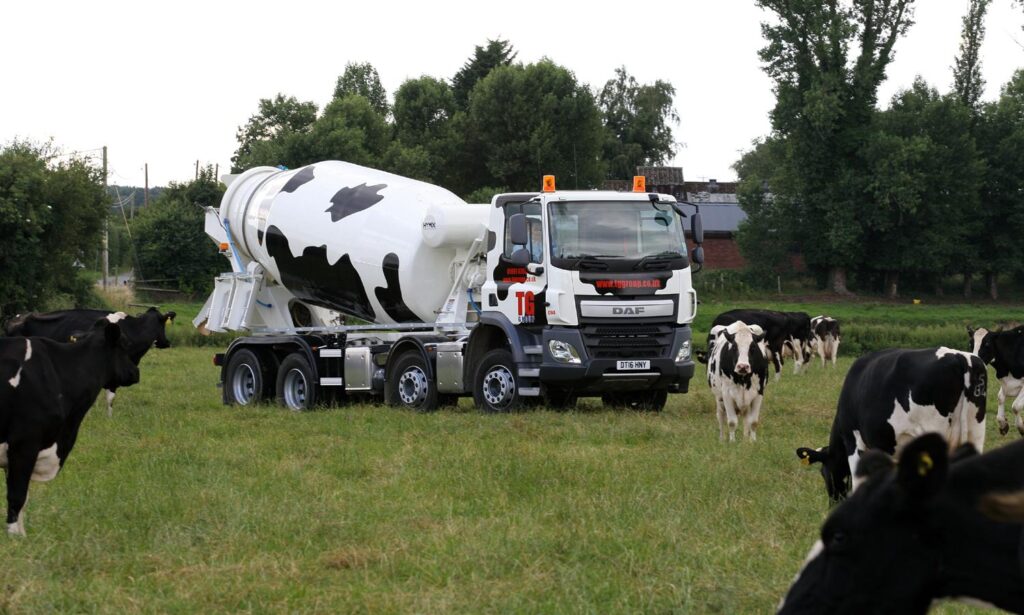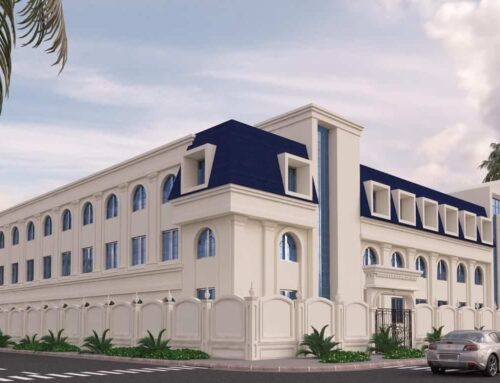Concrete specialists at a Shropshire firm are celebrating after three products developed specifically for the agricultural sector have taken the industry by storm.
The TG Concrete division, which is part of the Tudor Griffiths Group in Ellesmere, unveiled the TG AgriCrete range after many months of research and development work.
And now, just weeks after the launch, the AgriCrete range has brought an increase in business that’s
General Manager Dave Morris said: “We’re absolutely delighted with the response to our AgriCrete range which was created as a direct result of requests from local farmers and contractors.
“In fact, the products have been so popular that the vast majority of our business in the concrete division is coming in from the agricultural sector.”
TG Concrete developed the range after farmers said they were looking for hard-wearing and highly durable solutions for their yards and buildings.
“We created products that met their very specific requirements, and as a result of our research and development procedures, all three of the ready-mixed concrete products in the AgriCrete range comply with the very latest agricultural standards, and are designed to help resist abrasion, erosion and chemical damage.
“At this time of year when livestock are being turned out into the fields, farmers are now turning their thoughts to working on their yards and buildings, and we’ve seen a real surge in interest in the AgriCrete range in the past few weeks.”
The range includes: TG YardCrete for outside areas including stock housing, tracks and access roads; TG StoreCrete for grain stores and partition walls; and TG SilageCrete for slurry and manure storage, silage and maize pits.
“Farmers have praised our products for solving a range of common everyday issues that were both frustrating and costly at the same time, and it’s clear to see that the range is standing up well to the tough environmental conditions in this sector.”
The TG AgriCrete range is made up of granulated blast furnace slag, called Regen – a cement substitute manufactured from a by-product of the iron-making industry. Using one tonne of Regen in concrete reduces the embodied CO2 by around 900kg compared to using one tonne of cement, and also increases durability.
Pictured: TG Concrete General Manager Dave Morris inspects a project completed with the AgriCrete range








